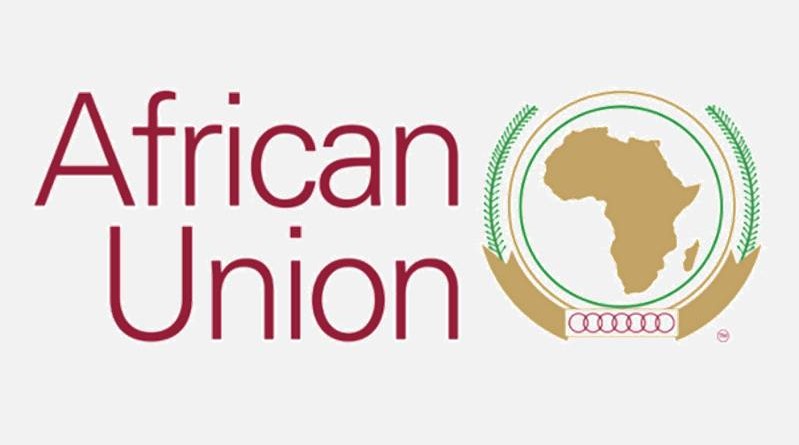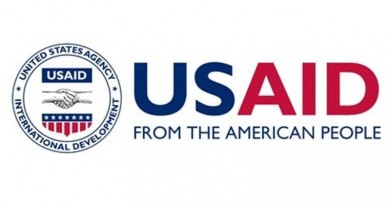AU establishes Interagency Group on One Health for Zoonotic Diseases
To coordinate, support, monitor, and evaluate the implementation of the African Union One Health Strategy for Zoonotic Disease Prevention and Control across the Member States, the African Union Interagency Group on One Health has been established.
The Interagency was established during a meeting on One Health that took place from 13-14 June 2022 at AU-IBAR in Nairobi, Kenya. The Interagency comprises several AU offices that have been mandated to deal with various aspects of human/ animal health interventions, namely: The Africa Centre for Disease Control and Prevention (Africa CDC); The African Union InterAfrican Bureau for Animal Resources (AU-IBAR); The Scientific, Technical and Research Commission (STRC); The Department of Agriculture, Rural Development and Blue Economy (DARBE); The Department of Health, Humanitarian Affairs, and Social Development (HHS); the InterAfrican Phytosanitary Council (AU-IAPSC); and the Citizens and Diaspora Organizations (CIDO).
The interagency will specifically be tasked with achieving several objectives; namely: the development of the AU One Health Strategy for zoonotic diseases; the development of a consensual road map for the implementation of One Health Strategy for zoonotic diseases in Africa; undertake an inventory of Zoonotic Disease Prevention and Control related activities; coordinate, monitor, and evaluate implementation activities of the AU One Health Strategy Zoonotic Diseases; compile an inventory of Zoonotic Disease Prevention and Control associated activities being undertaken by the different AU institutions, document the roles of the institutions in the control and prevention of Zoonotic diseases, and to coordinate implement, monitoring and evaluation of the AU One Health Strategy Zoonotic Diseases activities.
The Interagency comprises senior representatives and experts from the following African Union organs: AUC Chairperson’s office or Deputy Chairperson Office; Pan African Veterinary Vaccine Centre (AU-PANVAC); Inter-African Bureau for Animal Resources (AU- IBAR); Africa Centres for Disease Control and Prevention (Africa CDC); Education, Science, Technology and Innovation Department; Women, Gender and Youth Directorate; The Citizens and Diaspora Organizations (CIDO); The New Partnership for Africa’s Development (NEPAD); Scientific, Technical and Research Commission (STRC); Inter-African Phytosanitary Council (IAPSC); Pan African Tsetse and Trypanosomiasis Eradication Campaign (PATTEC); the Directorate for Sustainable Environment and Blue Economy (SEBE); and the Health, Humanitarian Affairs and Social Development (Division of Health Systems, Diseases and Nutrition).
The Task Force shall function through meetings that will be convened twice a year, either in person or virtually. The Task Force Secretariat will be jointly hosted by Africa CDC and AU-IBAR. The Joint secretariat AU-IBAR Africa CDC will provide support in terms of logistics and information resources to assist with operations of meetings, groups and individuals as required.
One Health is a collaborative, multisectoral and transdisciplinary approach to attaining optimal health outcomes for people, animals, plants, and their shared environment. Practically, One Health involves the collaboration between human, animal, and environmental health sectors and other relevant stakeholders in designing and implementing programmes, policies, legislation, and research intended to achieve better health outcomes for all.
A One Health approach is critical for the accelerated implementation of the International Health Regulations (IHR 2005), the OIE standards, to safeguard the socioeconomic and political integration of the continent and to achieve the aspirations of AU Agenda 2063: The Africa We Want. Zoonotic diseases decrease food availability, creating local and international trade barriers. According to the World Bank (2010), the direct cost of zoonotic diseases over the last decade has been estimated to be more than $20 billion, with over $200 billion in direct losses to affected economies. For example, there is over $3.6 trillion loss from COVID-19, $53 billion loss from the 2014-16 Ebola outbreak, $20 billion for Zika and $8.6 billion for canine rabies, among others.




